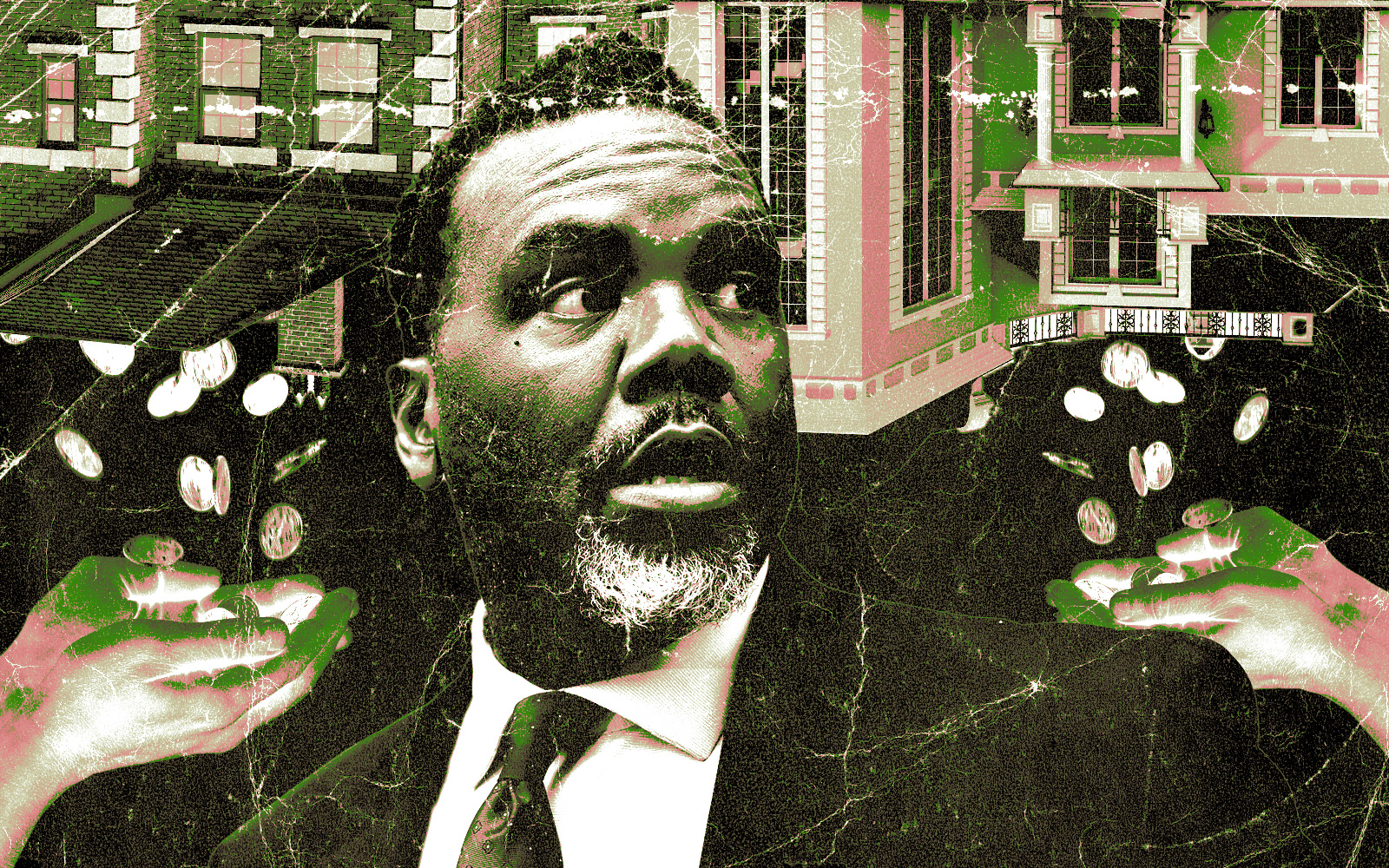Illinois lawmakers are working to create a long-term solution for the state’s affordable housing crisis.
The proposed “Build Illinois Homes Tax Credit” would cost the state $35 million annually for 10 years, which advocates believe would help create 3,500 housing units per year, Capitol News reported.
The Illinois Housing Council has been pleading with state officials to take action. According to a report by the IHC, Illinois has lost 13 percent of its low-rent units since 2011. Studies also show that there are about 450,000 extremely low-income renters in the state, but only 150,000 affordable and available units, the outlet said.
“Our state is facing an affordable housing crisis, stemming from years of housing under-production,” IHC executive director Allison Clements said in a senate committee. “Our state’s housing deficit has grown 64 percent since 2012, meaning we have more people needing homes than are available.”
If the proposal is passed into law, developers constructing properties would be eligible for tax breaks themselves once the structures are finished and filled with tenants. Thus, the state’s budget wouldn’t be impacted until 2026.
Lately, Chicago developers have grown fond of another recently created state incentive to build affordable housing that has helped them offset the city’s recently increased requirement for the number of affordable housing units that must be built alongside market rate housing in multifamily projects.
Governor J.B. Pritzker also suggested an affordable housing program called “Home Illinois” during his Feb. 15 budget address. The plan calls for a $50 million increase in homelessness services, such as emergency shelter, short-term rental assistance and the development of permanent housing units, the outlet said.
Pritzker estimates over 120,000 people endure homelessness annually, and over 76,000 children live in overcrowded housing.
“The faces of Illinoisans with no home to go to are not homogenous,” Pritzker said in his budget address. “They include single parents with infants and toddlers, 6th graders trying to complete their homework using toilets as a desk in temporary shared housing, and LGBTQ+ high schoolers who were kicked out of their homes by their parents.”
— Quinn Donoghue
Read more



